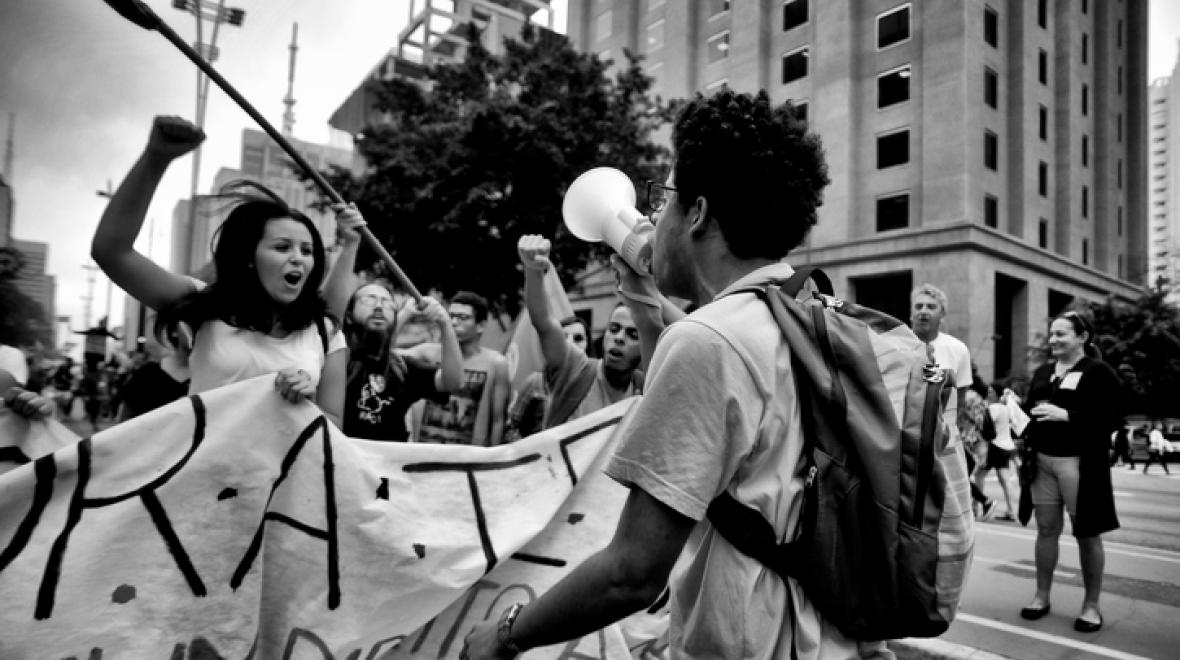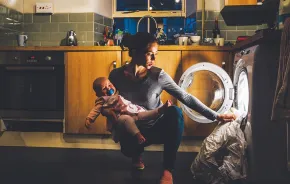
It was my junior year of high school, and our school had just fired the only Black teacher on staff. Our white principal spoke to my class about it. None of us were happy with the choice but whenever we Black students voiced our displeasure, the principal met our concerns with anger and criticism while acknowledging the opinions of the white students as thoughtful and valid.
After airing our thoughts, myself and the other Black students weren’t suspended or expelled, but we got the message: A white kid could stand up to a white teacher who is being racist and simply get a letter or phone call home. A Black kid could be faced with suspension or worse.
There’s research that backs up this kind of bias. One recent study from Georgetown University found adults view Black girls “as less innocent and more adult-like than their white peers, especially in the age range of 5 to 14.” They’re perceived, among other things, as less nurturing, less in need of support and more likely to know about sex. That means that children as young as kindergarten are thought of as “grown-up enough” by the very teachers and other adults from whom they need support and encouragement.
The same is often true for Black boys, adds the Georgetown team. Beginning at age 10, Black boys are more likely than white peers to be misperceived as “older, viewed as guilty of suspected crimes and face police violence if accused of a crime.”
35 percent of Black students between grades 7 and 12 have been suspended at least once.
The affects of this aren't limited to life outside of school, either. According to the NAACP, 35 percent of Black students between grades 7 and 12 have been suspended at least once, as compared to 15 percent of white students and 20 percent of Hispanic students. Black students are automatically seen as guilty, and that's a hard label to lose.
That’s why it isn’t easy to encourage my Black child to join his white peers in protests. There’s no doubt that in 2017, there is no better time to raise our children to be rebels, willing to stand up for what’s right and use their voices for change. But in an age where white parents are teaching their children about #resistance and dissent, Black parents are teaching their kids to toe the line because it’s quite literally a matter of life and death.
My son is in preschool; I’m not teaching him to “rebel” in a traditional sense. Rather, his rebellion is built on a foundation of pride, self-protection and self-preservation. For Black kids, rebellion is standing up to the system that oppresses them through police brutality and violence. For white kids, rebellion is going against the system that has allowed them a life of privilege. Simply put, white families aren’t worrying about the same consequences as Black families.
I’m not going to pretend that if my son was older I’d be comfortable allowing him to attend a protest. But if he was determined to go, I’d give him tips on how to protect himself, if only because I’ve noticed protests led by Black people often seem to be crawling with SWAT teams armed with tear gas, Tasers, nets and machine guns.
I’d tell my son not to resist arrest; I’d give him a list of people to contact if he did find himself in jail; I’d remind him to capture any unjust actions on video for proof because it will be your word against theirs and we already know how that goes. (Eric Garner died blocks from where we once lived.)
So remember: It’s not that Black parents don’t want to raise their children to fight injustice. It’s that first, Black parents must help their children understand that the system they’re fighting was built to be against them. That’s easy to forget or overlook when you’re not Black or not raising a Black child, but try not to forget that we still live in two very different Americas — the one where “all men are created equal,” and the one where you’re Black.
How to raise a rebel11 ways to inspire meaningful rebellion, expert opinions on why it matters and more in our August 2017 print feature — read on. |











